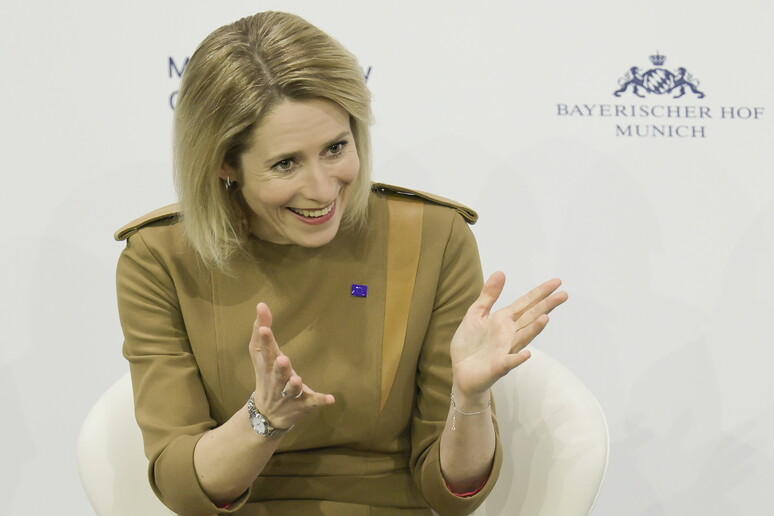The European Union High
Representative for Foreign Affairs and Security Policy, Kaja
Kallas, said citizens in Serbia "have the right to peacefully
protest for justice, good governance, and actually the rule of
law and getting rid of corruption", when asked about the ongoing
student protests in the Western Balkans country in an interview
with the European Newsroom (enr).
Protests led by students have been ongoing in Serbia for more
than three months. They were triggered by the collapse of a
canopy at the Novi Sad railway station shortly after its
inauguration in November, in which 15 people died. The students
are demanding accountability from the authorities.
The political opposition, and especially the student movement,
blame the disaster on corruption and believe there were
irregularities in the awarding and execution of the work.
Several attacks on protesters have been recorded so far,
including a car being driven into a crowd of students. The
protesters believe members of the ruling party to be
responsible.
Serbia applied for EU membership in 2008 and was granted
candidate status in 2010. Membership negotiations opened in
2012. "Of course, the future of Serbia is for Serbian people to
decide," the head of EU diplomacy stressed.
Dialogue between Serbia and Kosovo under fresh auspices.
In her interview with the enr, Kallas also addressed the
dialogue between Belgrade and Priština, saying that she will
meet in March with the newly appointed EU Special Representative
for the dialogue, Danish diplomat Peter S›rensen, to determine
the next steps.
Kallas emphasised that the Western Balkans are part of Europe,
even though they are not part of the European Union, and that
the region's stability is crucial for the EU. She pointed out
that reducing tensions is in the EU's interest and that she will
personally work on this process.
"It is clear that the normalisation of the relations is needed
for both of those countries. If they think they can move on the
European track without the normalisation of their relationship,
then I don't see how that is possible," Kallas said.
The top diplomat also indicated that the Western Balkans are the
"close neighbourhood" of the EU, adding: "it is in our interests
that the tensions are down" and that "they are with us".
Kosovo is a former Serbian province which declared independence
in 2008. Serbia does not recognize Kosovo's statehood. Its
application for EU membership, submitted in 2022, remains
stalled due to the lack of consensus among the 27 members due to
the refusal of five countries - Cyprus, Greece, Romania,
Slovakia and Spain - to recognise its independence.
Kosovo held elections last Sunday.
Kallas encouraged people to wait and see how the next government
is formed and how progress can be made. She said earlier that
she was looking forward to the formation of a new government in
Kosovo to support its rapprochement with the EU.
(The content is based on news by agencies participating in the
enr, in this case EFE, FENA, HINA, Tanjug).
ALL RIGHTS RESERVED © Copyright ANSA











